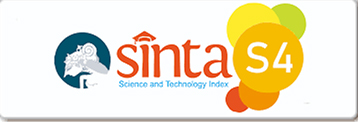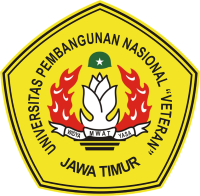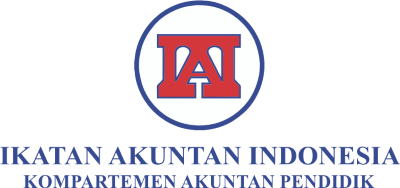Persepsi Mahasiswa dalam Pembelajaran Daring Mata Kuliah Akuntansi di Perguruan Tinggi Indonesia
DOI:
https://doi.org/10.33005/baj.v5i1.180Keywords:
accounting online learning, perception, soft skills, teaching materials, teaching methodologyAbstract
The distance learning method using online technology media has become one of the most possible alternative ways during the pandemic. The purpose of this study is to analyze students' perceptions of online learning in accounting courses. There are three aspects that are the focus of this research, namely aspects of teaching materials, teaching methodology and soft skills. This research using descriptive statistical methods. The sample of this study was 140 accounting students at state universities and private universities in Indonesia. The results of this study found that from the aspect of teaching material, most accounting students perceived the theoretical concepts of the material taught to be relevant to current conditions and could be clearly understood. In the aspect of teaching methodology, the majority of accounting students perceive the online learning process as effective and easily accessible. They also like and have the opportunity to ask the lecturer. From the aspect of soft skills, most accounting students perceive that online learning can increase learning independence, interaction with other lecturers and students, and adaptation to technology. However, the majority of accounting students feel that online learning has not been able to improve their discipline and honesty.
Downloads
Published
How to Cite
Issue
Section
License

This work is licensed under a Creative Commons Attribution 4.0 International License.

This work is licensed under a Creative Commons Attribution 4.0 International License.














